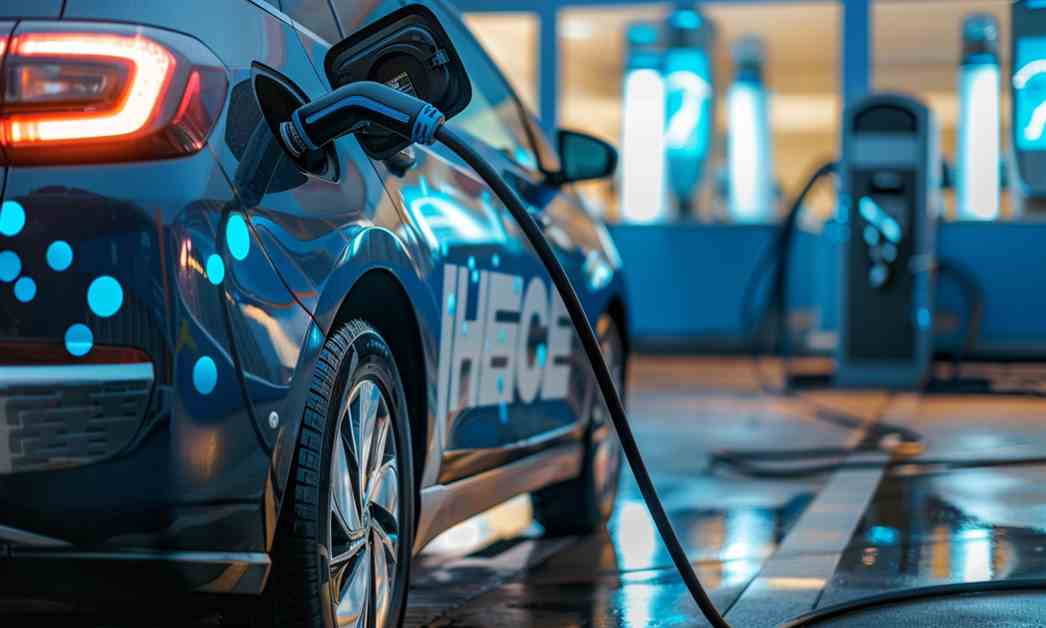Hydrogen Vehicles: The Future of Transportations and Safety Concerns
Hydrogen vehicles, also known as hydrogen-powered fuel-cell vehicles, have been making waves since 2015. While the future of these vehicles is still uncertain, the interest in them remains strong. Despite a slight dip in the number of hydrogen-powered fuel cell electric vehicles between 2022 and 2023, from 20,704 to 14,451, it’s essential to explore both the advantages and safety concerns associated with these vehicles.
The Uniqueness of Hydrogen Vehicles
One of the key advantages of hydrogen vehicles is their ability to generate electricity from hydrogen fuel without the need for built-in batteries. This results in zero local emissions, making them an environmentally friendly option. Additionally, the short refueling time sets hydrogen vehicles apart from other electric vehicles, offering convenience to users. The efficiency of hydrogen storage also helps in reducing long-term costs and transporting renewable energy effectively.
Safety Concerns and Risk Analysis
Despite their benefits, studies have highlighted the potential risks and safety concerns associated with hydrogen vehicles, especially in scenarios like tunnels. Research from the Graz University of Technology under the HyTRA project has emphasized the need to address risks related to the high energy density of hydrogen and storage pressure. The study recommends measures to minimize these risks, focusing on incident types, dangers to people, and tunnel structures.
The Risk and Damage Potential of Hydrogen Vehicles
In the event of a collision, the storage of hydrogen at high pressure could lead to the rapid release of energy, resulting in potential dangers. The study outlines three hazardous scenarios, including thermal pressure relief device activation, tank explosions, and hydrogen cloud explosions. To mitigate these risks, stricter speed limits, distance control strategies, and improved signaling mechanisms are suggested.
Push Towards Hydrogen Vehicles
Industry experts predict a significant increase in the adoption of hydrogen vehicles globally, with estimates surpassing one million vehicles in service by 2027. Government initiatives like H2USA aim to promote fuel-cell electric vehicles across America, fostering collaboration among stakeholders. Research advancements, such as fatigue-resistant electrolyte membranes and enzyme-based hydrogen production, are enhancing the performance and sustainability of hydrogen vehicles.
Future Developments in Hydrogen Vehicle Technology
Leading companies like General Motors and Cellcentric are driving innovations in hydrogen vehicle technology. GM’s Hydrotec fuel cell power cubes offer efficient power solutions for various applications, including locomotives and power generators. Cellcentric’s NextGen fuel cell system aims to revolutionize long-haul trucking with improved power density and consumption savings. Both companies are aligned with the goal of achieving sustainable transportation solutions by 2050.
In conclusion, while the future of hydrogen vehicles holds immense potential for sustainable transport, addressing safety concerns and enhancing performance will be crucial for their widespread adoption. With ongoing research and technological advancements, hydrogen vehicles could play a significant role in shaping the future of transportation.
